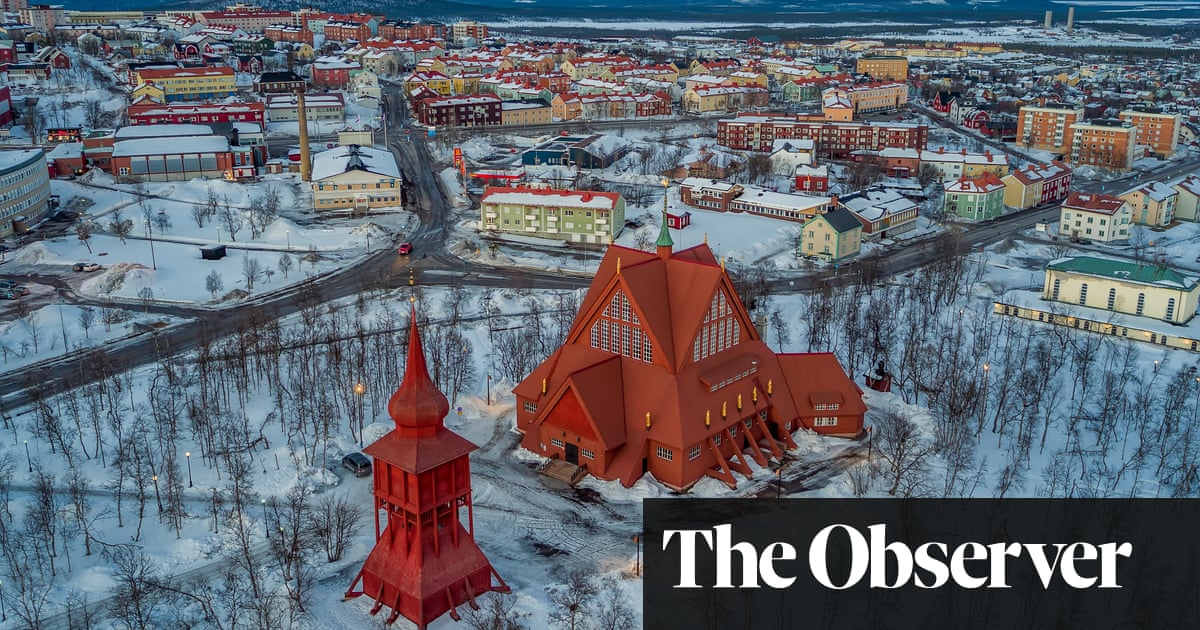
JEDDAH: Along with the many other installations at the latest 21:39 art exhibition by the Saudi Art Council in Jeddah, one that has especially caught the attention of visitors as they passed by is a unique combination of plastic bottles twisted and warped, with an eerie clip of a singer in the background.
Made up of 24 bottles contorted using a heat gun, “Al-Hida’a,” which roughly translates to “a landscape which is threatened with losing its heritage and tradition,” is the artist’s interpretation of how climate change has impacted the lives of our ancestors.
The genius behind the exhibition is Sultan bin Fahd, who created it after much research and effort, drawing inspiration from Arab history.
“I wanted to compare the relationship between the animal and the human with their changing environment,” he told Arab News.
“When I create installations, they always have something to do with personal or historical perspectives or the relationships between the objects and humans.”
“Our ancestors were wise without being educated — whatever they did worked perfectly with the environment. Then we came along with our modern ways and that started the downfall.”
Sultan bin Fahd
Bin Fahd also said that he always felt Saudi tradition was being lost. “I just wanted to go back to what they were doing, respect and understand it. So, I wanted to highlight the humans and animals interacting with the environment around them and dealing with climate changes.”
The main inspiration for the piece was the artist’s fascination with the way herdsmen would spend days, and even months, alone with their camels. He also mentioned that camels were creatures that had emotional intelligence, but were not considered lovely because of how they look.
“Our ancestors were wise without being educated — whatever they did worked perfectly with the environment. Then we came along with our modern ways and that started the downfall,” he stated.
When Bin Fahd received the brief for the exhibition at 21:39 he was asked to link his work with environmental issues. He told the Arab News team: “Since I am nomadic, I felt like with globalization, we are losing the wisdom of the old nomads.”
The main element of the piece was the audio that played — the sculptures on display were just a continuation of the sound, which represented how the herdsmen communicated with their animals, by singing.
Bin Fahd said: “People try to understand what they are saying but they aren’t saying anything. They are just singing tunes to communicate with their camels to make them do tasks.”
To add more of an authentic Bedouin touch to the installation, Bin Fahd researched into how branding was done among the nomads, differentiated by symbols. He took the branding symbols and dissected them, he explained. “I wanted the symbols to be more general.”
He burnt all of the symbols on a Bedouin tapestry made out of goat hair, and added it to the sculptures.
Sultan bin Fahds work of art made from plastic waste. (Supplied)
“These sculptures along with the audio represents our relationship with the animals and how it has changed over the years. The branding being on plastic represents modernization, as plastic is not natural so it shows the fact that they are now. It shows that our lives now are more industrial and artificial.”
Bin Fahd has always been a creator, but only emerged into the world as an artist recently.
It wasn’t until his partner opened up a shop and Bin Fahd contributed to it by decorating it that he caught people’s attention. He told Arab News that his wife pushed him to emerge as an artist. “That was the turning point for me — my wife pushed me to share with the world and told me that the people had to see this.”
The reason why he never considered showing the world his art was his lack of professional training in the field, he added. “In a way I was afraid of criticism.”
The sculptor is full of ideas and inspirations for his future.
“Climate change and global warming is such a vast problem and we have many things to discuss,” he said. “I think it is important for people to go on and talk about something that is dear to them.”












